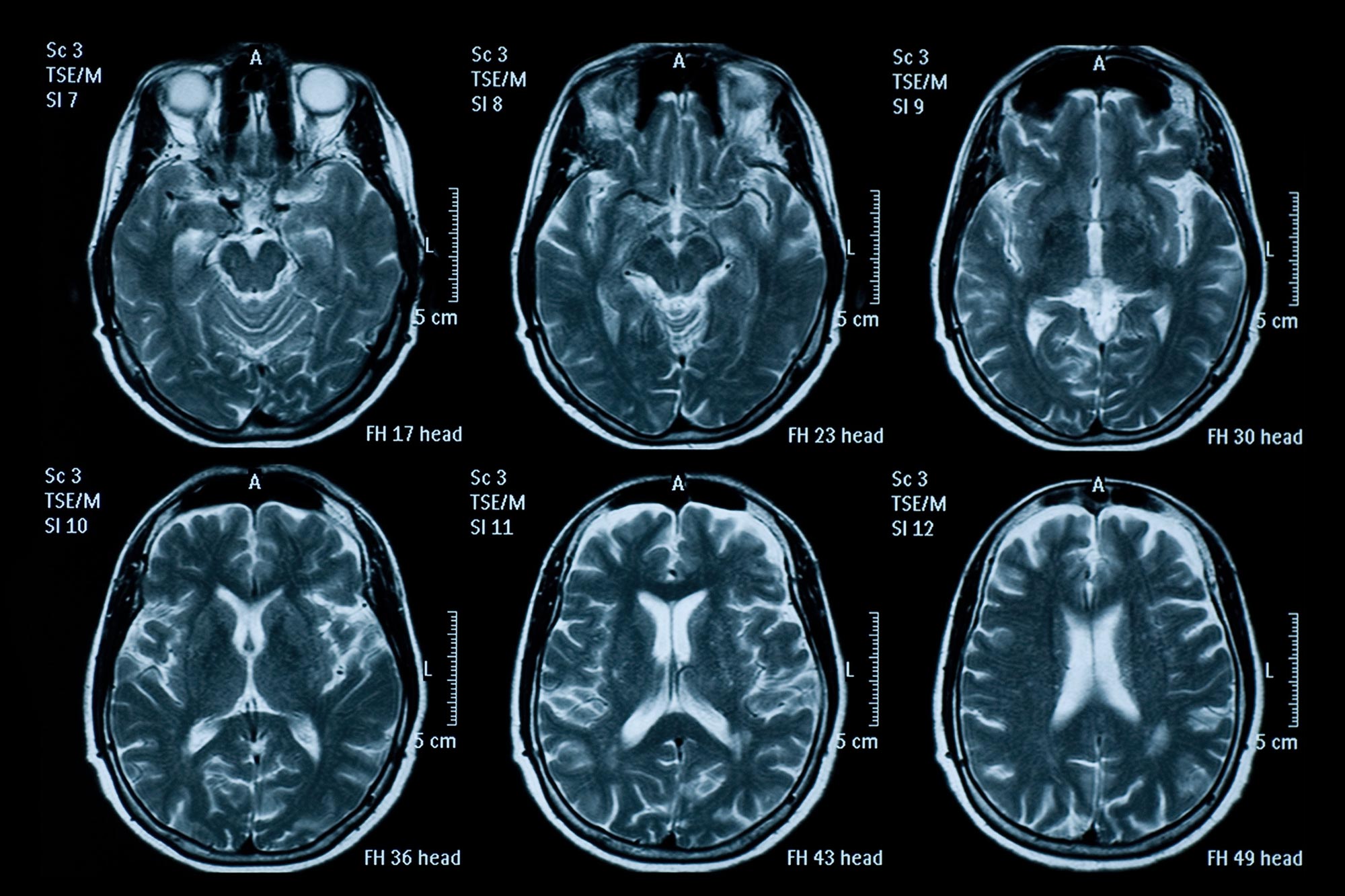Traits like conscientiousness or extroversion might seem to define your character, but these aren’t set in stone and new research reveals how anyone can change their personality – if they really want to
Mind
12 January 2022

Iker Ayestaran
I AM a conscientiousness objector. No, not a conscientious objector: I have never been drafted into the army. What I object to are meticulously colour-coded diary entries, weekly meal plans and home organisation à la Marie Kondo – all of which are neatly captured by a personality trait I score particularly low on: conscientiousness.
This has never been a major issue, even if it has made me feel like a disorganised outcast, especially when spending time around other mothers in my London suburb. You know, the sort of people who always arrive at parties or play dates on time, with everything they might possibly need, looking composed.
But recently, I started to wonder what my life might be like if I were more like them. I thought about how exhausting things can be: the last-minute panics, the mess, the lost keys, the missed appointments. I thought about the potential benefits for my health and well-being if I could change all that. At the very least, surely everything would be a lot easier.
Traditionally, psychologists believed personality to be more or less fixed over your lifetime. Not any more. Now it seems personality evolves throughout life, and in recent years, several studies have even demonstrated that it is possible to transform your personality on purpose. Given certain personality traits are linked to life satisfaction, and even better mental health, this could have a substantial impact on many people. It seems almost too good to be true, and psychology has a slightly shaky reputation when it comes to its findings holding up to scrutiny. But I was curious, so I decided to have …
Note: This article have been indexed to our site. We do not claim legitimacy, ownership or copyright of any of the content above. To see the article at original source Click Here












